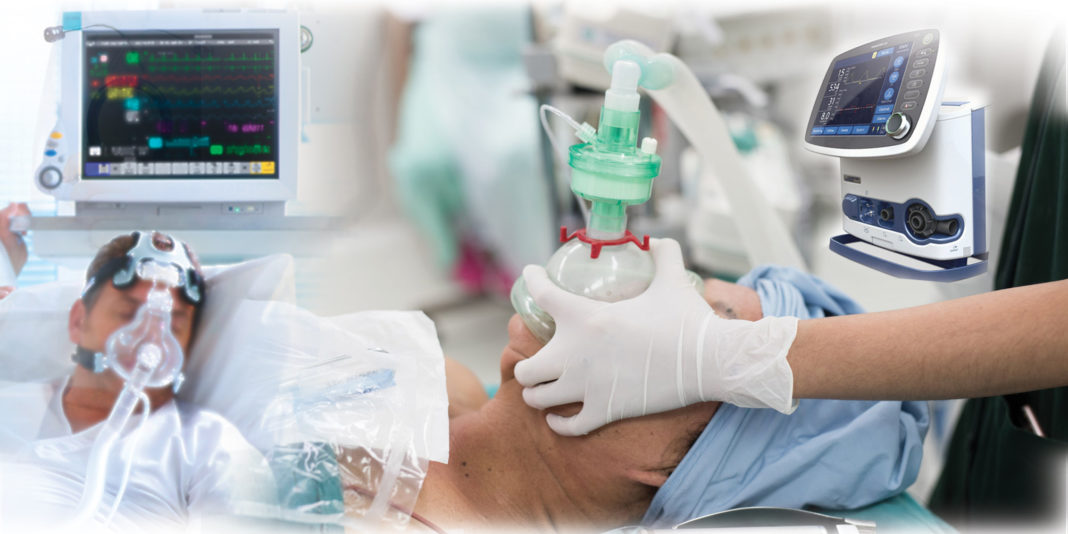- Health asks doctors to assign respirators to patients with “better expectations of recovery”
- Priority will be given to patients with higher “expectations of recovery
Doctors at the heart of Spain’s coronavirus outbreak have been told by the Ministry of Health that they have to prioritise patients with the best chance of survival.
The Ministry of Health has published a document outlining the criteria on “priorities in the admission and treatment of patients “with the coronavirus. They include the guidelines to follow so that, in the event of a shortage of ICU ventilators and beds, doctors know who they should assign the resources to and who not. The Ministry sets out criteria based essentially on one priority: the patient’s.” expectations for recovery”.
The official document is entitled “Report of the Ministry of Health on ethical aspects in pandemic situations : SARS-CoV-2”. And the text does not skimp on the description of the harshness of the decisions that have to be made.
Section three, entitled “Priorities in the admission and treatment of patients suspected of being carriers”, begins by acknowledging that “the so-called duty of care incumbent on nursing professionals in their healthcare activity is a constitutional (not fundamental) right to the protection of health that all Spaniards and foreign citizens residing in the national territory have”.
It adds that “given the existing massive demand and the scarcity of resources to meet that demand,” although it may be temporary, there is a reduction in the effective enjoyment of that right and raises the priority of individuals potentially more exposed to contagion or those already infected.” without the likelihood of recovery.
The brief refers to ICUs and also to ventilators and argues that “in an overwhelming public health emergency, many patients may require the use of mechanical ventilation, but in a pandemic-sized disaster like the SARS-CoV-2 there may not be enough to meet existing needs.
Consequently, the Ministry takes the step of establishing “a priority range” for access to this equipment and sets the “treatment criteria for patients with severe symptoms in intensive care units and the application of assisted mechanical ventilation”.
Health recognizes that “health professionals face conflicts that add an extraordinary tension to their role, in addition to the overload of work in situations of extreme gravity and insufficient vital resources. In these cases, the conflict of interest does not arise primarily between public health and fundamental rights, but between health and, more likely, the lives of the patients who are waiting to undergo vital treatment.
“Therefore, it is a moral imperative to provide clear and simple guiding criteria,” adds the Ministry.
As applicable general criteria they consider that the existence of pathologies and real life expectancies will be the determining factors when allocating respirators and other means that are in short supply. The second criterion is “the principle of maximum benefit in the recovery of human lives, which must be compatible with the continuation of care initiated individually for each patient.”
The third criterion is that of “Severity of the patient’s condition that evidences the need for intensive care.”
Criterion number four is “Objective expectations of recovery of the patient in the short term to his previous state of health, taking into account accompanying pathologies that show a fatal prognosis.
In other words, priority will be given to patients with higher “expectations of recovery in the short term, those without any serious pathologies that will have a bearing on their future quality of life and the extent of their future necessary care.”





